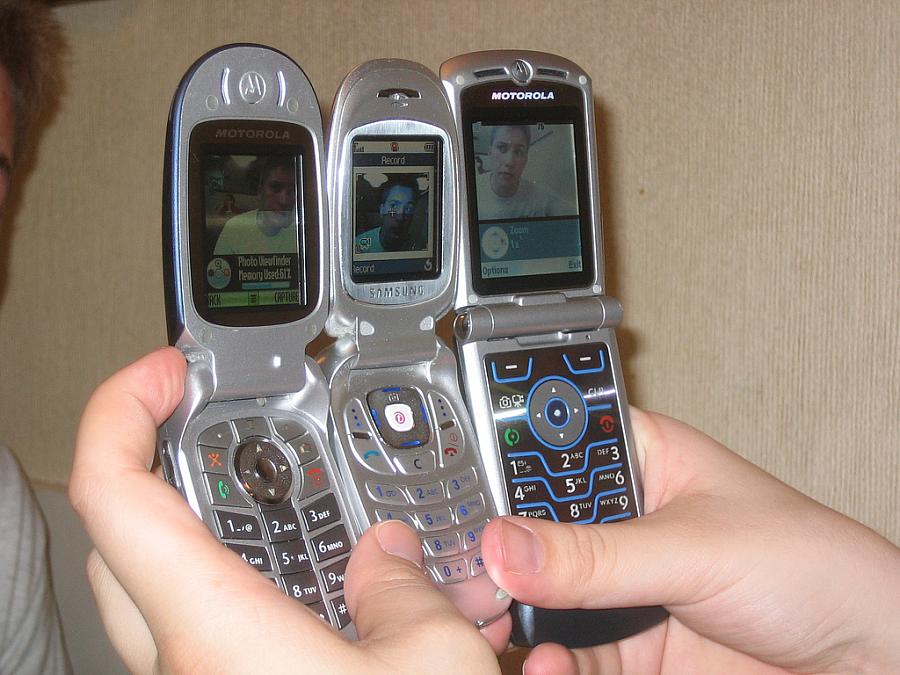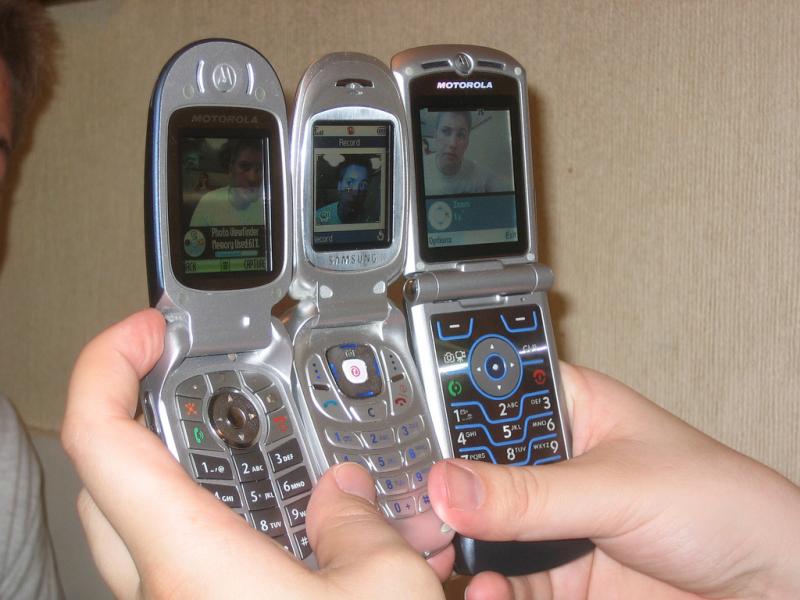Update: Phone Cancer, Anonymous Doctors, Day Care Data and Billboard Attack Ads

Here are updates for some of my previous posts:
 Cell Phones and Cancer: Earlier this year, Antidote wrote about of some of the coverage of a study on the connection between cell phones and cancer. A new study, led by Patrizia Frei of the Danish Cancer Society, examines the biggest dataset to date. What did it find? No link.
Cell Phones and Cancer: Earlier this year, Antidote wrote about of some of the coverage of a study on the connection between cell phones and cancer. A new study, led by Patrizia Frei of the Danish Cancer Society, examines the biggest dataset to date. What did it find? No link.
This doesn't mean that cell phones are 100% safe, but it should make us all a little more cautious when a small study without much data makes a bold claim about cell phones causing tumors. As Kristina Fiore at MedPage Today reports:
In their updated report, Frei and colleagues looked at data on 358,403 subscribers followed through 2007 who had accrued 3.8 million person-years of usage. During that time, there were 10,729 cases of tumors of the central nervous system. Overall, the researchers found that there was no risk of brain or central nervous system tumors for men or women. When assessed by the longest length of use -- 13 years of subscription or more -- there was no significant association with tumors (incidence rate ratio 1.03 for men, 0.91 for women). Nor did those who'd been subscribed for 10 or more years have an increased risk of meningioma or glioma, they reported, noting that these data clarify earlier findings showing a diminished risk for this group.
Deadly Day Cares: In response to the St. Louis Post-Dispatch series, "Deadly Day Cares," Open Missouri has posted day care registration data for anyone to download. It includes information about day care centers currently registered with state health authorities. Details include location, facility type (family home, child care center) and whether the day care is exempt from inspections. You can see when the facility was first licensed and when its license expires. Initial licensing dates go back to 1996.
National Practitioner Data Bank: Justin Silverman, in a thoughtful piece for the Citizen Media Law Project, explains the history behind the federal government pulling the National Practitioner Data Bank's Public Use File off its website in response to reporting by Alan Bavley at the Kansas City Star.
Silverman, a recent law school grad from Suffolk University Law School, who now works for the Boston firm Prince Lobel & Tye, makes a strong case that the federal government is violating the First Amendment by threatening reporters like Bavley with fines for using the Public Use File to write about specific physicians.
According to the letter sent to him by HHS, 45 CFR 60.15 prohibits anyone from using the information in the private database for anything outside "the purpose for which it was provided." That purpose, according to HHS, is to help health care entities evaluate a practitioner. Levying a fine on journalists who do not obey this limitation, however, is constitutionally suspect. Generally, the publication of truthful information about a matter of public significance cannot be punished. See Smith v. Daily Mail Publishing Co., 443 U.S. 97 (1978); Florida Star v. B.J.F., 491 U.S. 524 (1989).
Slap by Lap-Band Clinics: It only makes sense that the ethically challenged marketers behind the 1-800-GET-THIN billboard campaign to lure people into Lap-Band clinics would use billboards to attack journalists who have exposed problems at those clinics. After the clinics already have failed in three different lawsuits against the Los Angeles Times, Stuart Pfeifer at the Times reports:
Billboards have been placed along Southern California freeways, apparently seeking plaintiffs for a lawsuit against the Los Angeles Times. Under the heading, "Class Action Lawsuit," the billboards urge motorists to contact San Diego lawyer Jeffrey Krinsk if they believe they were "Illegaly [sic] wire-tapped by the LA Times" or to "Report LA Times Fraud."
Krinsk, who did not immediately respond to a request for comment, represents Robert Silverman in a Los Angeles County Superior Court lawsuit against Times' columnist Michael Hiltzik. The lawsuit accuses Hiltzik of secretly recording telephone conversations he had with Silverman, an attorney who represents 1-800-GET-THIN, a company that markets Lap-Band weight-loss surgery. Hiltzik did not record any conversations with Silverman, Times spokeswoman Nancy Sullivan said in a statement. Notably, the class action does not allege either wiretapping or fraud, as suggested by the billboards, Sullivan said.
Photo credit: Jeramy Jannene via Flickr

